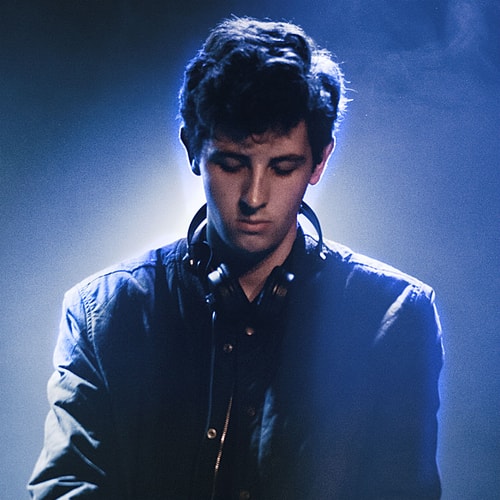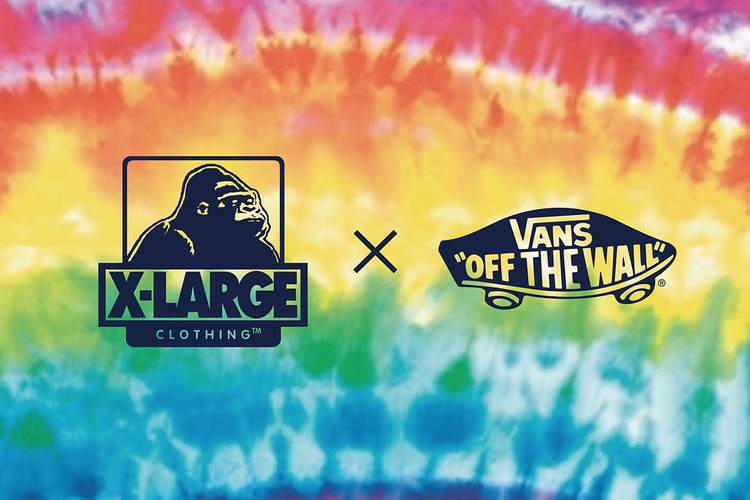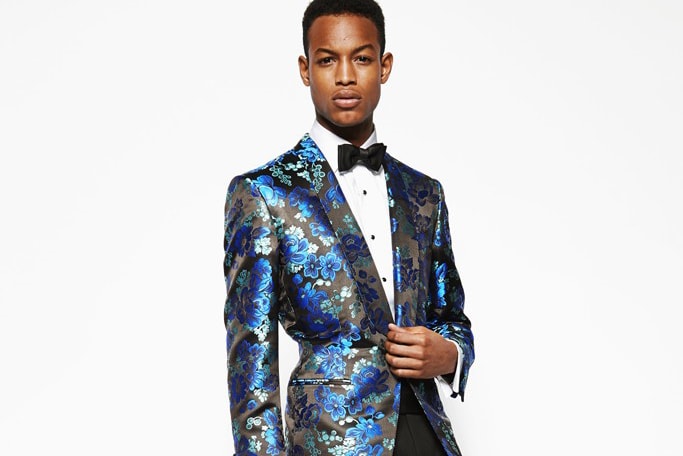Kanye West - Yeezus (Review)
Kanye West answers to no one but God himself. He’s always been allured by the divine; every album
Kanye West answers to no one but God himself. He’s always been allured by the divine; every album release has been an ascent to the top, and when he reached the throne of the hip-hop kingdom in 2011, we believed that he couldn’t get much higher.
But complacency only lasts so long for Mr. West, which brings us to the rapper’s latest release, Yeezus — a darkly neurotic and abrasive album where Kanye’s self-proclaimed godliness is more ambivalent acceptance than blasphemous braggadocio.
“I Am a God,” although not the album’s starting track, is one of its most lyrically entertaining. Lines like “In a French-ass restaurant / Hurry up with my damn croissants,” and “I just talked to Jesus / He said what up Yeezus,” are laughably absurd and self-parodying — a reminder that taking Kanye too seriously is losing out on some of the fun.
However, most of the album is uncomfortably dark, both musically and lyrically. “New Slaves” and “Black Skinhead” are hostile and ominous. A monotone Kanye grows increasingly frustrated and enraged in the former, while panicked breaths turn into blood-curdling screams on the latter. “Middle America packed in / Came to see me in my black skin,” yells Kanye. It’s unabashedly vivid as Kanye is staring back at his spectators with fiery and unflinching eyes in the projections that have been shown around the globe.
And those eyes see all, especially on “New Slaves.” Corrupt corporations, materialistic tendencies, and the imprisonment of blacks within the U.S. Prison Industrial Complex. It’s the militant, paranoid, and crude doppelganger to “All Falls Down” and “Power.”
If Yeezus is Kanye coming into his own as the son of a former Black Panther, it’s justifiable. Prior albums were more in the vein of Gil Scott-Heron — lush and vibrant with surreal soundscapes cushioning the blows of Kanye’s more telling moments.
Here, however, Kanye is more reminiscent of Huey Newton or Bobby Seale: more to the point, accusatory and frightening. He embodies every characteristic of the Black Panthers, from their intimidating ferocity to their misogynistic undertones. It’s a paradox that’s not new for Kanye. In “Power” he decried the social dilemmas encountered by most black males in America (“The system is broken, the school is closed, the prison’s open”) — only to follow up with a line about hanging out with “some light-skinned girls and some Kelly Rowlands.”
Regardless of how absurd these paradoxes are on Yeezus, they’re essential to Kanye’s genuineness. He’s a living contradiction: a flawed balance of consciousness and ignorance. He’s criticizing the excessive lifestyle he’s known for, while simultaneously partaking in it. Treading such a thin line is what makes Kanye’s insecurities so believable. Even at his most boastful, he’s miserable. The money, notoriety and sex are devoid of any real pleasure or happiness.
At least in his hopelessness, Kanye is home. Chicago is present on Yeezus in many forms, from the production (Chicago drill and Chicago acid house) to the guest appearances (Chief Keef and King L). In comparison to previous releases, Yeezus’ production is minimal, but just as engaging as it is alienating. The dancehall orgy of “I’m In It,” the sinister and atmospheric spaciousness of “I Am a God,” and the menacing and “Strange Fruit”-sampling “Blood on the Leaves.” It’s an underground club of despair, with producers Mike Dean, Daft Punk, Lunice, Hudson Mohawke and Travi$ Scott serving as the DJs.
Guest appearances are brief, but effective. Frank Ocean provides a soulful falsetto to the soulless on “New Slaves,” Chief Keef and Bon Iver split auto-tune responsibilities on “Hold My Liquor,” Kid Cudi questions unrequited love in “Guilt Trip,” and King L provides an enjoyable verse on “Send It Up.”
Then, there’s “Bound 2.” Up until the album’s finale, Yeezus feels more confessional than anything else. Each sexual conquest and failed relationship has been retold in vivid detail, and every boast exaggerated and excessive. What’s left is a man and his insecurities, hoping to clean his slate before embarking into the future: “Maybe we could still make it to the church steps.”
It’s ironic that the album where Kanye declares himself a God, is the one where he is most human. He’s simultaneously at his most vulnerable and his most dangerous, using a sincere and provocative work of art to address the concept of no longer being “for sale.”
With each release, we see the rapper grow with strength and style, adding new folds of creative dimension to his work. Using music as a dexterous tool to vocalize his philosophy, Kanye’s releases have played a large part in the sentiments the rapper has towards society as a whole. With the abstract and obscure narratives seen in Yeezus, it only begs the question on whether Kanye West still makes music as a creative outlet, or to cater to public’s enjoyment, or to use it as a provocative rendering in order to cushion the platform for this one-of-a-kind media mogul.
- By Elijah Watson












